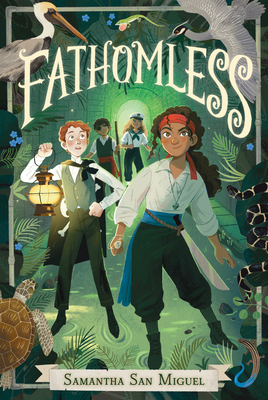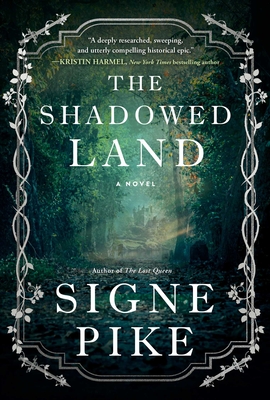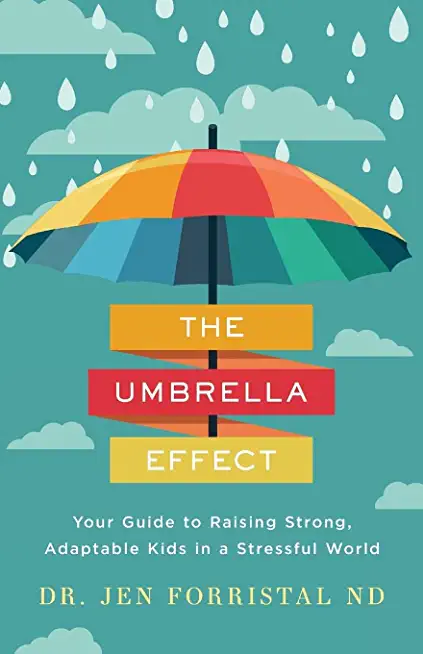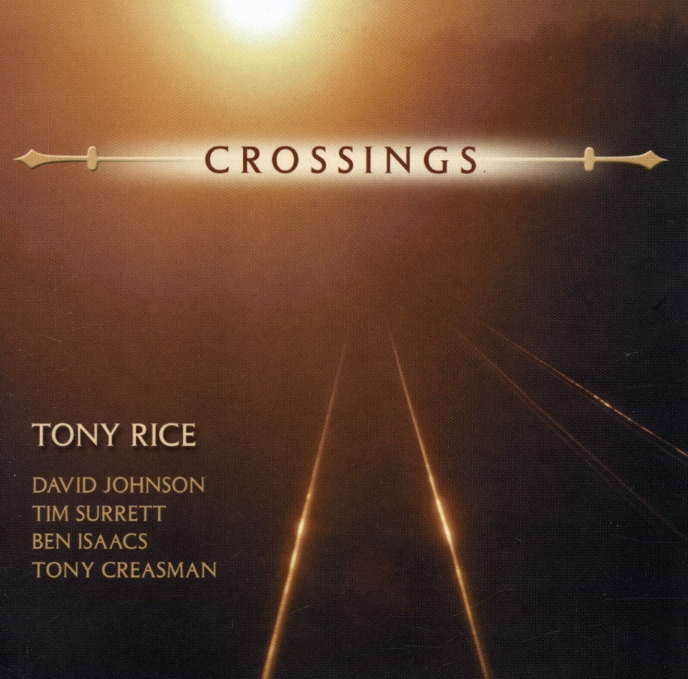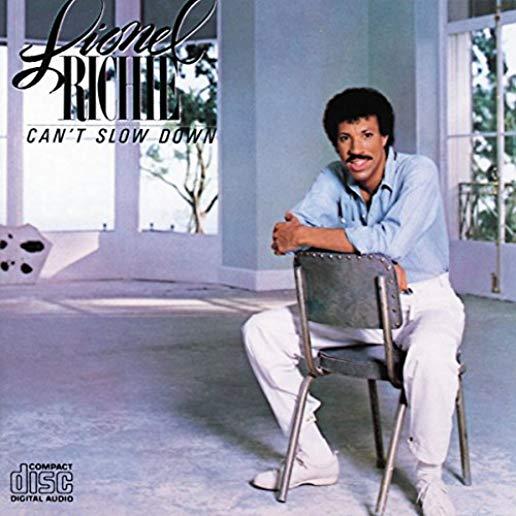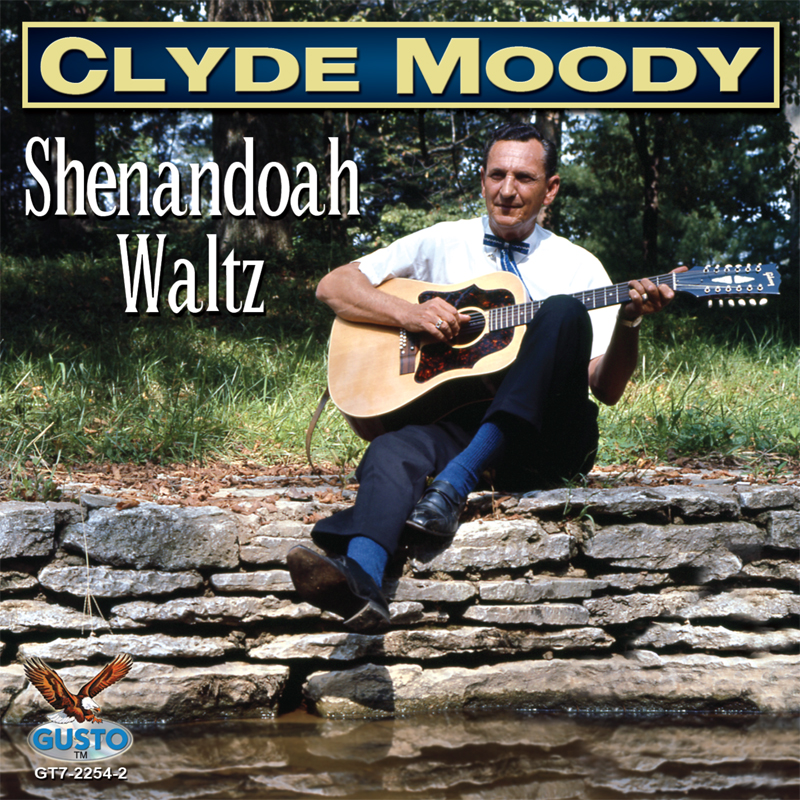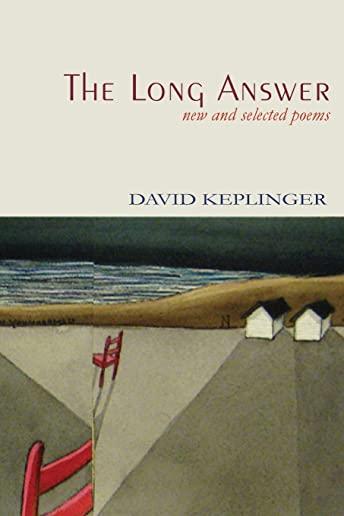
Selected from five books highlighting more than twenty years of work, The Long Answer marks the best of David Keplinger's engagement with the lyric form from his first collection, chosen by Mary Oliver for the T.S. Eliot Prize, to his most recent, winner of the Rilke Prize in 2019. The collection also features over thirty pages of new material. Influenced by the French prose poet Max Jacob as well as by earlier voices--from Rilke, the French symbolists, William Blake, Dante, the medieval contemplatives, and the Anglo-Saxon riddles, Keplinger's work may, on the one hand, serve as one poet's long answer to a question of originality: what of the work belongs to tradition and what, if any part, stands alone? Metaphysically, these poems scour at the foundation of awareness, to ask a more primeval question out of childhood and myth: How am I singularly "one," and also the result of those who came before me? Can art or contemplation break through the illusion of separateness? Keplinger's project from the beginning has been concerned with remembering ourselves as part of, not apart from, the natural order. His career-to-date study of a problem, as he writes in his title poem, "so old, no one remembers/ what was asked for/in the first place, /and which leaves us, /...with only each other," The Long Answer is poetry less concerned with explanations or discoveries than it is that we remember what we are.
"Imagine The Inferno reconfigured as a cross between one of Joseph Cornell's boxes and a Rube Goldberg drawing: an infernal machine designed to produce the uncomfortable pleasures of wit's disjunctions, gallows humor, wry nostalgias...What's consistent is the sustained invention of a tinkerer who takes his materials (so many of them fragile, easily discarded or mislaid) to heart even as he finds his humor, his consolation in the spirited play of their arrangements."The Antioch Review "...The book's meditations on mortality and wounded dissatisfaction are equally haunted by metaphysical longing and the vast otherworld in the near at hand. To arrive in a body, through the body of another, is to feel its suffering as the echo, however distant, of our own. In poems of such keen attentions and imaginative wit, the intimation of always another city registers both an awareness of our inevitable diminishment and the possibility of some vaster sphere, some landscape of domes and illuminations, to mitigate our loneliness and loss." Judges' citation, 2019 UNT Rilke Prize "His prose is so well-crafted and compact that you'd think they wrote themselves into the world--that they were born complete and right on their due date, with no complications ...Keplinger's collection is stunning and visceral."
-The Rumpus Keplinger's poems, by juxtaposing such disintegration or failure to an integrated aesthetic that does not fail...ultimately succeed] at precisely those moments where they take the most risk....A tender, graceful, and profound meditation on the ways in which we experience our bodies in the world; shuttling expertly between the narrative and the lyric, the ordinary and the wild, the book asks us to envision the body as that lived intersection between, as Keplinger would have it, the natural and the natural."
-Triquarterly "The question is less whether Keplinger benefits from the prose poem than whether prose poetry benefits from Keplinger--a question his poetry] answers with a resounding yes."
-The American Book Review

